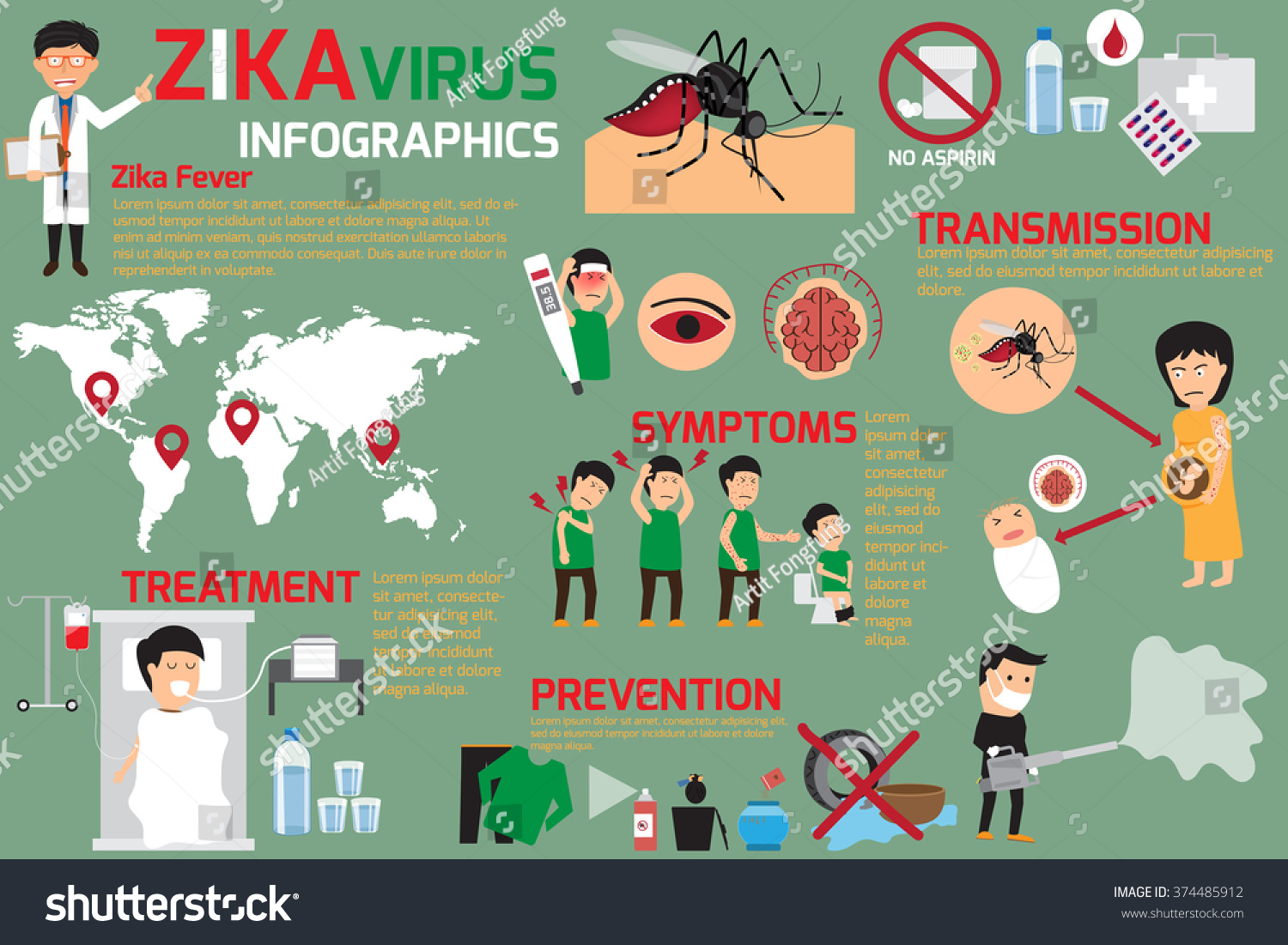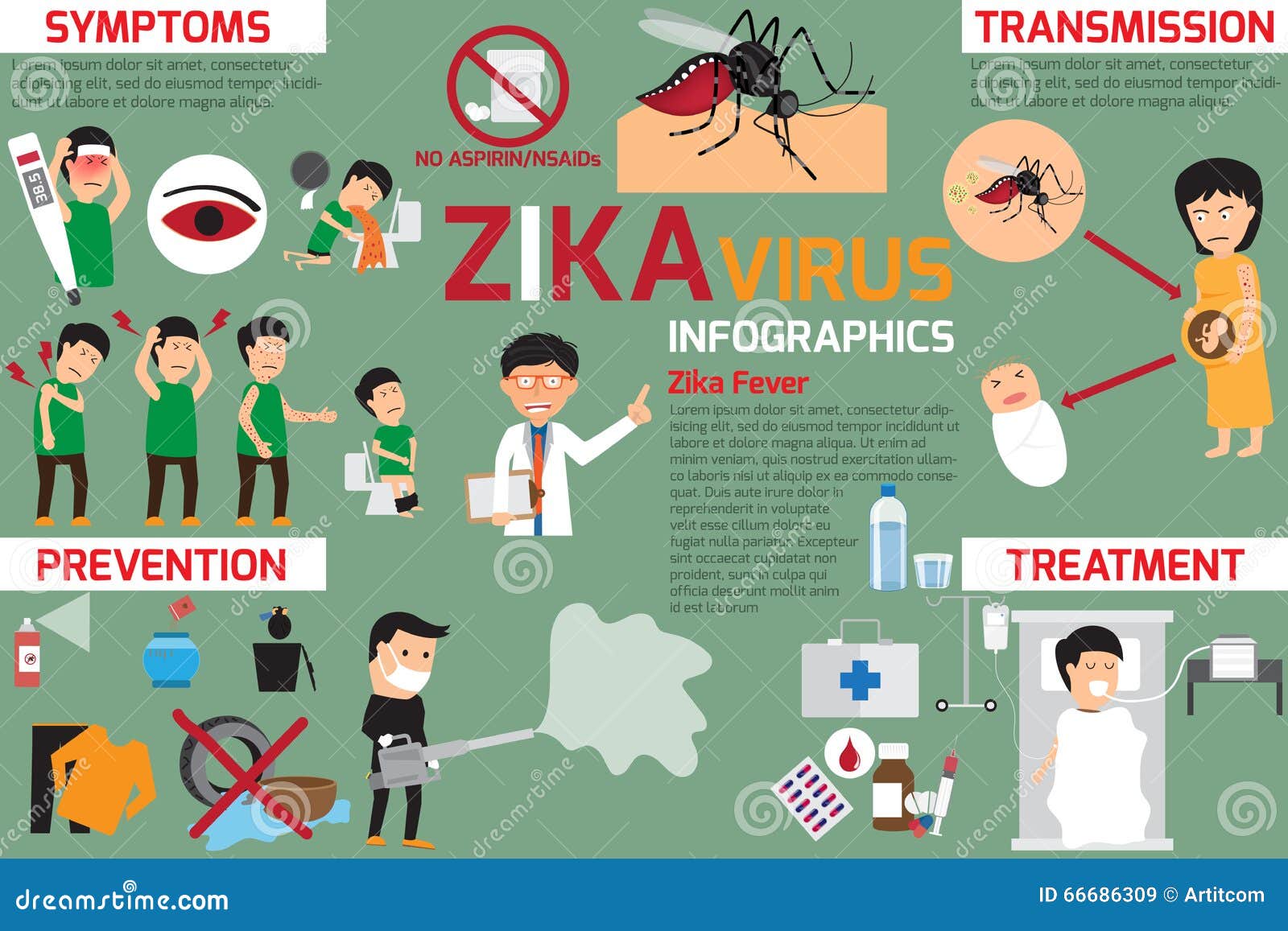Having the goal of providing the best information for our reader to get benefit, we have done some analysis, digging information, made Norovirus: Prevention, Symptoms, Treatment, And Transmission. The provided information in this guide will help you make the right decision.
| Key Differences | Key Takeways |
|---|---|
| Norovirus is a highly contagious virus that causes gastroenteritis. | Symptoms of norovirus include vomiting, nausea, diarrhea, and abdominal pain. |
| Norovirus is spread through contact with contaminated food, water, or surfaces. | There is no specific treatment for norovirus, but symptoms can be managed with rest and fluids. |
| Prevention of norovirus includes washing hands frequently, avoiding contaminated food and water, and cleaning and disinfecting surfaces. | Norovirus is a common cause of gastroenteritis, but it is usually not serious and resolves within a few days. |
FAQs
Find answers to common questions about Norovirus, its prevention, symptoms, treatment, and transmission.

Zika Virus Infographic Elements, Transmission Prevention Symptoms And - Source www.shutterstock.com
Question 1: What are the primary modes of Norovirus transmission?
Norovirus is highly contagious and spreads primarily through the ingestion of contaminated food or water. It can also be transmitted through direct contact with an infected person or by touching surfaces that have been contaminated with the virus.
Question 2: What are the key symptoms to watch for?
Norovirus infection often causes acute gastroenteritis, leading to symptoms like nausea, vomiting, diarrhea, abdominal pain, and low-grade fever. These symptoms usually develop within 24 to 48 hours after exposure and can last for 1 to 3 days.
Question 3: How can I prevent the spread of Norovirus?
Frequent handwashing with soap and water is crucial. Thoroughly clean and disinfect surfaces that may have been contaminated. Avoid sharing food or drinks with others if you're infected and isolate yourself to prevent spreading.
Question 4: When is it necessary to seek medical attention?
Most cases of Norovirus are self-limiting, but seek medical attention promptly if experiencing severe symptoms like persistent vomiting, diarrhea, or signs of dehydration such as dizziness or confusion.
Question 5: What are the treatment options for Norovirus?
There is no specific antiviral treatment for Norovirus. The primary goal is to manage symptoms and prevent dehydration. Rest, adequate fluid intake, and electrolyte replacement are essential during the illness.
Question 6: How long does Norovirus remain contagious?
Individuals remain contagious as long as they continue to shed the virus in their stool or vomit. This can range from a few days to several weeks after recovery. It's important to maintain good hygiene practices to prevent further transmission.
Stay informed, practice preventive measures, and seek medical attention when needed to effectively manage Norovirus.
Continue reading: Learn more about Norovirus in the next section.
Tips

Norovirus: Symptoms, Causes, Treatment, Prevention - Source www.prevention.com
Noroviruses are highly contagious, and they can cause severe symptoms, such as vomiting, diarrhea, and abdominal pain. There is no specific treatment for norovirus, but there are steps that can be taken to prevent the spread of the virus and to relieve symptoms. Norovirus: Prevention, Symptoms, Treatment, And Transmission
Tip 1: Wash your hands frequently with soap and water.
This is the most important step you can take to prevent the spread of norovirus. Wash your hands for at least 20 seconds, especially after using the bathroom, changing a diaper, or handling food. If soap and water are not available, use an alcohol-based hand sanitizer that contains at least 60% alcohol.
Tip 2: Clean and disinfect surfaces that may have been contaminated with norovirus.
This includes countertops, doorknobs, bathroom fixtures, and toys. Use a bleach-based cleaner or another disinfectant that is effective against norovirus. Follow the manufacturer's instructions for use.
Tip 3: Avoid contact with people who are sick with norovirus.
If someone in your household is sick with norovirus, try to avoid close contact with them. If you must be in contact with them, wear gloves and a mask, and wash your hands frequently.
Tip 4: Stay home from work or school if you are sick with norovirus.
Norovirus is highly contagious, and it is important to not spread the virus to others. Stay home from work or school until you have been symptom-free for at least 48 hours.
Tip 5: Drink plenty of fluids.
Vomiting and diarrhea can cause dehydration, so it is important to drink plenty of fluids. Drink water, electrolyte solutions, or clear broth. Avoid sugary drinks, as they can worsen diarrhea.
Tip 6: Eat bland foods.
Eating bland foods can help to settle your stomach and reduce symptoms of nausea and vomiting. Some good options include crackers, rice, bananas, and applesauce.
Tip 7: Get plenty of rest.
Norovirus can cause fatigue, so it is important to get plenty of rest. Go to bed early and get as much sleep as you can.
Summary of key takeaways or benefits:
Following these tips can help to prevent the spread of norovirus and to relieve symptoms.
Transition to the article's conclusion:
Norovirus is a common virus that can cause severe symptoms, but it is important to remember that it is not a serious illness. Most people recover from norovirus within a few days. By following these tips, you can help to prevent the spread of the virus and to relieve symptoms.
Norovirus: Prevention, Symptoms, Treatment, And Transmission
Understanding the essential aspects of Norovirus is crucial for effective prevention, diagnosis, and management.
- Prevention: Hygiene and disinfection are paramount.
- Symptoms: Nausea, vomiting, and diarrhea are characteristic.
- Treatment: Rehydration and supportive care are essential.
- Transmission: Occurs through contaminated food or water.
- Outbreaks: Common in closed communities and during winter months.
- Vaccine: Currently not available, but research is ongoing.
Norovirus is highly contagious and can spread rapidly. Maintaining good hygiene, such as frequent hand washing and disinfecting surfaces, is critical for prevention. Early recognition and treatment of symptoms can help reduce the severity and duration of the illness. By understanding these key aspects, healthcare providers and individuals can effectively manage and mitigate the impact of Norovirus infections.
![]()
Premium Vector | Food poisoning symptoms. Stomach ache, preventing - Source www.freepik.com

The Norovirus Prevention and Treatment Handbook: Prevention, Treatment - Source www.goodreads.com
Norovirus: Prevention, Symptoms, Treatment, And Transmission
Norovirus is a highly contagious virus that can cause severe vomiting and diarrhea. It is commonly spread through contaminated food or water, or by contact with an infected person. The virus can cause symptoms within 12 to 48 hours of exposure, and may last for 1 to 3 days. Norovirus can be spread even if an infected person does not have symptoms.

Zika Virus Infographic Elements. Stock Vector - Illustration of brazil - Source www.dreamstime.com
There is no specific treatment for norovirus, and the best way to prevent infection is to practice good hygiene. This includes washing your hands frequently with soap and water, especially after using the toilet or changing a diaper; avoiding contact with sick people; and properly cleaning and disinfecting surfaces that may have been contaminated with the virus.
If you suspect that you have norovirus, it is important to see a doctor. The doctor will likely recommend that you stay home from work or school to avoid spreading the infection. You may also be given medication to help relieve your symptoms.
Norovirus is a serious illness, but it can be prevented by practicing good hygiene. If you have any questions about norovirus, please speak with your doctor.
Table: Symptoms, Treatment, and Transmission of Norovirus
| Symptom | Treatment | Transmission |
|---|---|---|
| Vomiting | Rest and fluids | Contact with contaminated surfaces or objects |
| Diarrhea | Rest and fluids | Ingestion of contaminated food or water |
| Nausea | Antiemetics | Contact with an infected person |
| Abdominal pain | Pain relievers | - |
| Fever | Antipyretics | - |



